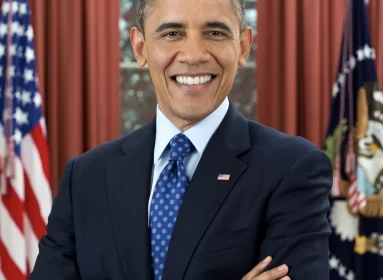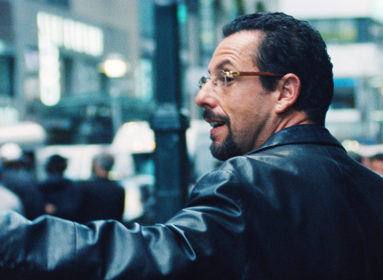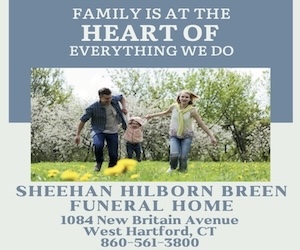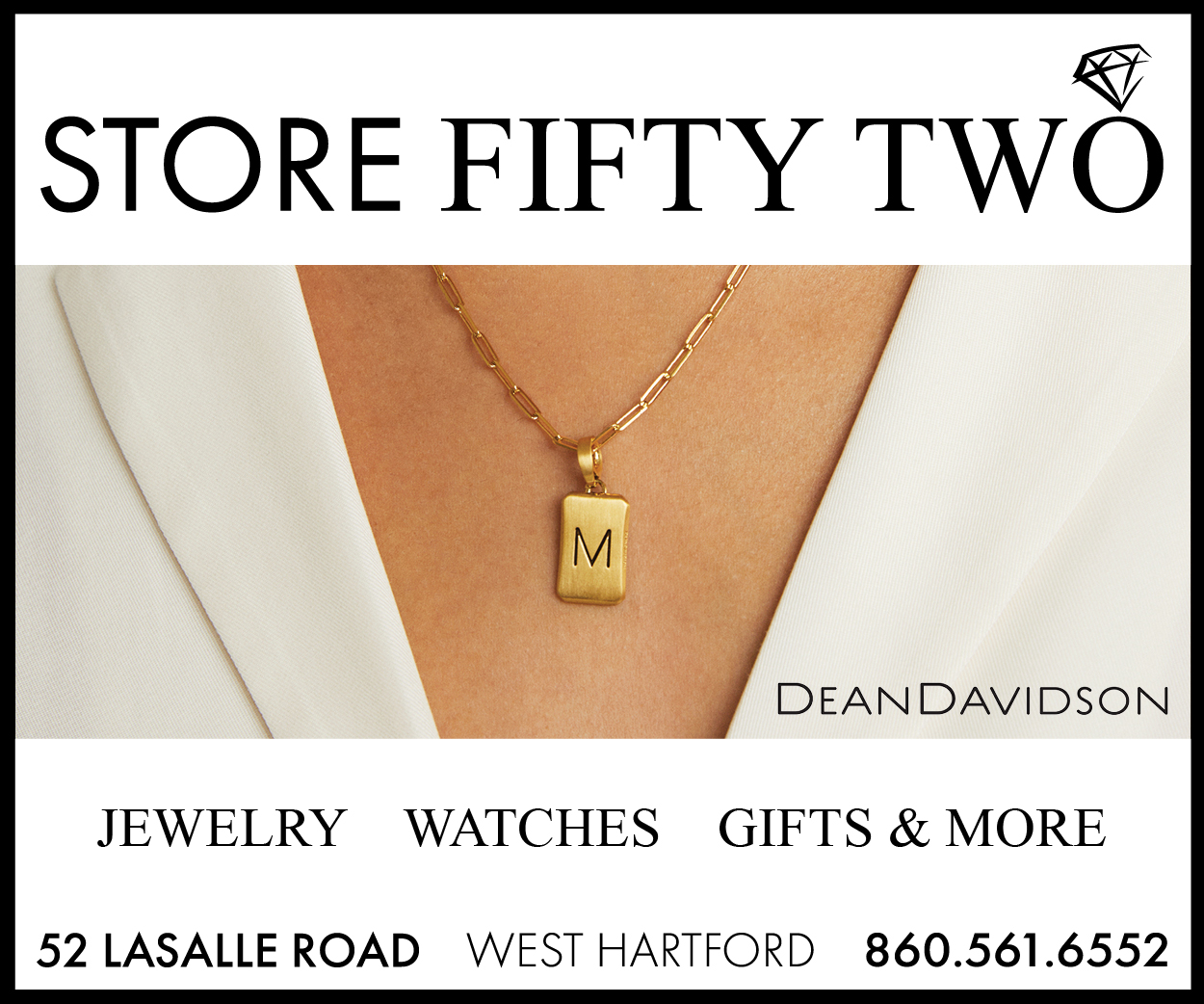
By Cindy Mindell
BLOOMFIELD – Beth Hillel Synagogue is looking to the future. Not with a capital campaign or a new youth program, but with an addition to its cemetery.
The 63-year-old Conservative congregation is feeling its age, says Alan Goodman, incoming synagogue president and chair of the Beth Hillel Memorial Park Corporation. In January, the board announced plans to sell the synagogue building, located on Wintonbury Road in Bloomfield, to a local church, signing a document of sale with the associated right to use the building for all services and programming until a future course of action is determined.
Like many North American Jewish congregations, Beth Hillel’s membership is dwindling and aging. Goodman says that some 89 percent of the 160 membership units (individuals and families) is elderly. Now, the Bloomfield synagogue is looking to a once-unlikely source for hope.
According to the Pew Research Center’s 2013 A Portrait of Jewish Americans, the intermarriage rate is 58 percent among all Jews and 71 percent among non-Orthodox Jews. An earlier Pew study cited that 31 percent of all married Jews in the U.S. are intermarried – 39 percent with Catholics, 23 percent with Protestants, and 26 percent with religiously-unaffiliated partners.
“That the Jewish community is changing is something I think everyone is aware of,” says Rabbi Gary Atkins, Beth Hillel’s spiritual leader. “It’s the open society, the increasing rate of intermarriage, and the need to respond to the increasing rate of intermarriage that will keep Jewish people engaged and involved with their Jewish community as much as possible.”
At the very least, Atkins hopes that the establishment of an interfaith burial section will help avert potential difficulties in end-of-life decisions for an intermarried family.
“Many partners in interfaith marriages would feel, ‘I’m a member of the Jewish community, I am not embarrassed about being intermarried,’ and often, the couple has agreed to raise their kids Jewishly. Even though the Psalmist says that we can live to 80 years old and even longer, and Moses made it to 120, sooner or later, we’re all going to die. What’s going to happen after a death in an interfaith family?”
Historically, Atkins explains, the non-Jewish partner or child of an intermarriage could not be buried in a Jewish cemetery, precluded by halachic tenets and Orthodox and Conservative cemetery bylaws. In response, over the last 15 years, non-Orthodox American Jewish communities have gradually been creating burial spaces that accommodate intermarried families. September will see the opening of Connecticut’s newest interfaith cemetery section, in the Beth Hillel Synagogue Memorial Park in East Granby.
Atkins has been thinking about this issue since 2000, when he began a four-year tenure as spiritual leader of Beth Jacob Synagogue in Norwich, whose burial areas are overseen by the Norwich Hebrew Benevolent Society. Established in 1889, the non-profit cemetery association maintains four sites serving the greater Norwich Jewish community, including an interfaith section established in the late ‘90s. Atkins began discussing the idea with the Beth Hillel Memorial Park Corporation board of trustees when he was hired by Beth Hillel Synagogue in 2006.
Explaining the need for an interfaith burial section was the easy part, Atkins recalls. Then the trustees had to decide where, within the existing memorial park on Wolcott Road, to situate the section. The third step was to rewrite and expand the cemetery bylaws to address non-Jewish burials. For example, a non-sectarian burial service will have to be officiated by Atkins and his successors, and monuments cannot bear overt symbols of other religions. Once the corporation board approved and presented the new bylaws to the Beth Hillel congregation, the interfaith section was open for pre-orders.
The actual site-work will begin in September, a combination of structural and halachic steps to prepare the ground for burial. Halacha mandates that a section for non-Jews be physically separated from the Jewish graveyard, a requirement currently satisfied by the existence of a road in the cemetery. The corporation plans to add shrubbery and a low wrought-iron fence “which you can certainly see through,” says Atkins. “But it demarcates a different section, in what I think is in a tasteful and appropriate way.”
The synagogue’s burial plots have always been available for purchase to Jews, both from within and outside the congregation. Now the synagogue can accommodate non-Jews who are connected to the Beth Hillel community by marriage or other family affiliation. Atkins and Goodman hope that the new section will serve as an interfaith burial resource for the entire Greater Hartford Jewish community.
“The whole Conservative movement has a policy of kiruv – drawing close, trying to reach out, welcoming unaffiliated and intermarried,” says Atkins. “There are still challenges in finding the right formula to reach them, but we’re certainly trying.”
Though only three to four percent of congregants are intermarried, “there are a lot of unaffiliated intermarriages in the Jewish community,” says Goodman. “By offering an interfaith cemetery section, we hope that they will be interested in joining our synagogue.”
Beth Hillel Synagogue is not the first Connecticut synagogue to have added an interfaith section to its existing cemetery in recent years. Others include Adath Israel in Middletown and Congregation Ahavath Achim in Colchester.








 Southern New England Jewish Ledger
Southern New England Jewish Ledger









